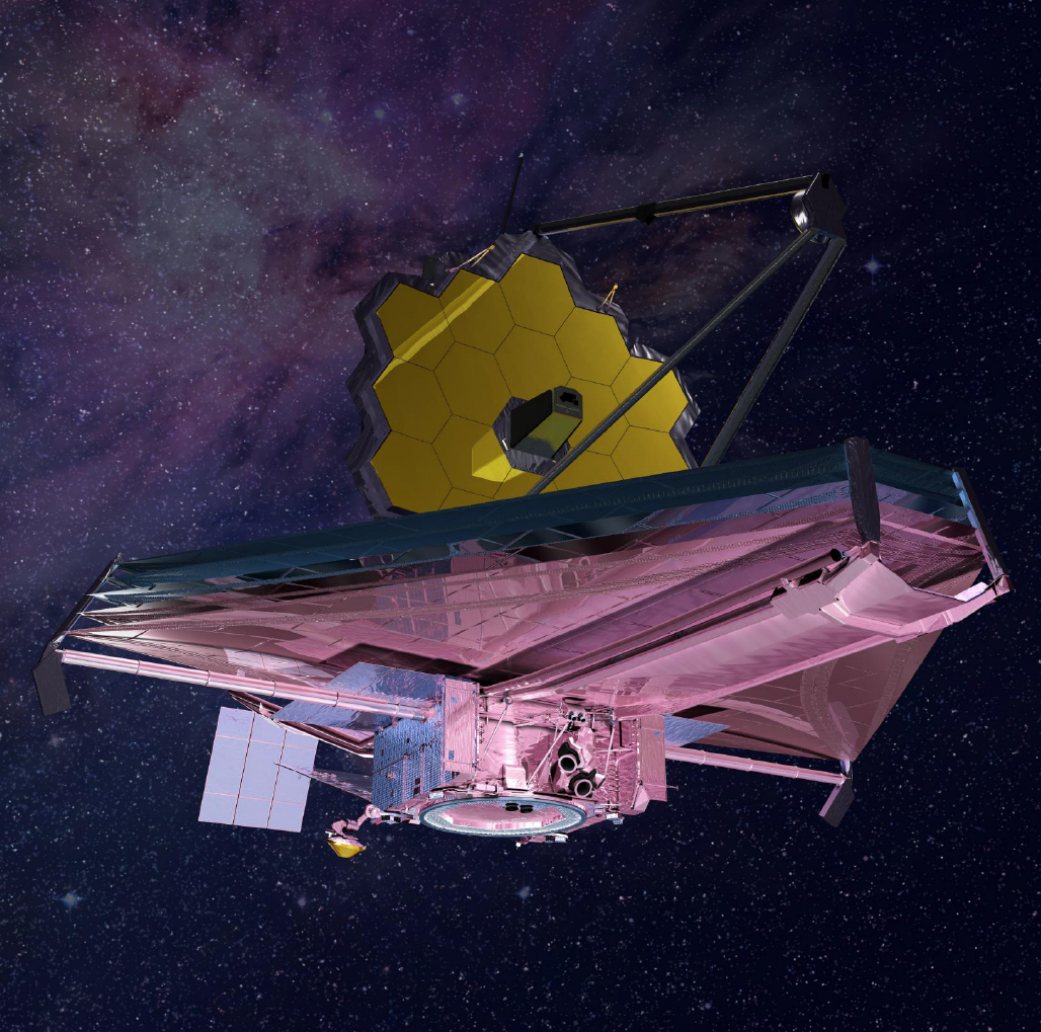What just happened? The highest priority project for NASA’s Science Mission Directorate and the largest international space science project in US history has been delayed for the umpteenth time.

NASA in March said the James Webb Space Telescope, the long-awaited successor to the Hubble Space Telescope, would miss its planned 2019 launch window. The setback wasn’t entirely surprising considering the project has been bumped on multiple occasions. At the time, we were told the next-gen telescope wouldn’t depart from Earth until May 2020 at the earliest.
On Wednesday, NASA published a 69-page report from an independent review board highlighting technical issues, including human errors, that have contributed to the spacecraft’s delayed launch.
The revised launch date of March 30, 2021, also pushes the project’s total lifecycle cost to a staggering $9.66 billion. The initial concept was estimated to cost just $500 million.
For those who prefer to see the good in things, the fact that NASA hasn’t cancelled the project (it nearly happened once before) is worth clinging to. We also have a specific launch date to look forward to, not just a rough window of time.
Named after a former NASA administrator, the James Webb Space Telescope is expected to help astronomers shed light on the many mysteries of the universe and answer question we didn’t even know how to ask when it was first designed. It's a breathtaking feat of engineering that'll hopefully, one day, make it safely to space to carry out some very important work.
https://www.techspot.com/news/75274-nasa-again-delays-james-webb-space-telescope-but.html